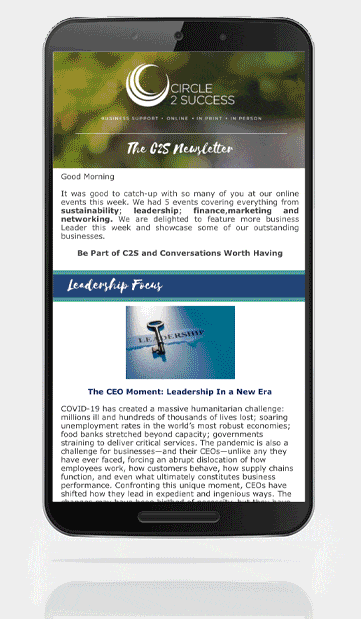Nearly all workers are struggling to cope with economic precarity and professional stress. Yet the youngest workers may more strained than anyone. What’s going on?

Are Gen Z the most stressed generation in the workplace?
The instability, insecurity and relentless upheaval of the past several years has left workers anxious. And now, as layoffs proliferate, and pay fails to keep pace with rising inflation, they’re still worrying – in some cases, more than ever.
The global strain of what some call a ‘permacrisis’ impacts workers of all ages, yet many researchers and experts posit that Gen Z are the most stressed cohort in the workplace overall.
Jumping into their careers in the past few years – with some only just entering the workforce during the pandemic – has put them in particularly difficult situations. According to Cigna International Health’s 2023 survey of almost 12,000 workers around the world, 91% of 18-to-24-year-olds report being stressed – compared to 84% on average.
Research like this indicates Gen Z are emerging as the most stressed demographic in the workplace, and struggling mightily to cope. The same data shows un-manageable stress affects almost a quarter of the Gen Z respondents (23%), and almost all (98%) are dealing with symptoms of burnout.
What’s going on?
There has been an incredible – and unfortunate – confluence of factors that have led them to struggle with the demands of professional life. Economic hardships and the cost-of-living crisis; the back-and-forth of returning to the office; and even smaller factors, such as work relationships and norms, are all coming together to put the youngest workers in a tough place.
Read more from Megan Carnegie on how Gen Z are struggling at work.
That’s our big workplace story this week. Thanks for reading, and find more at BBC Worklife and BBC Business until next week.
–Meredith Turits, Editor, BBC Worklife






